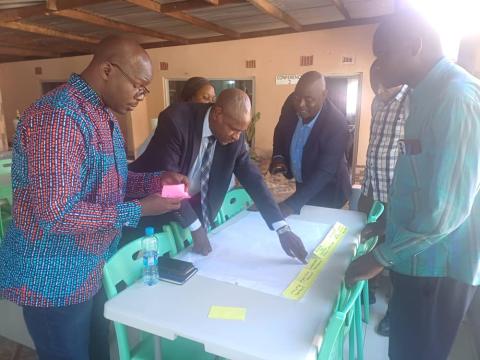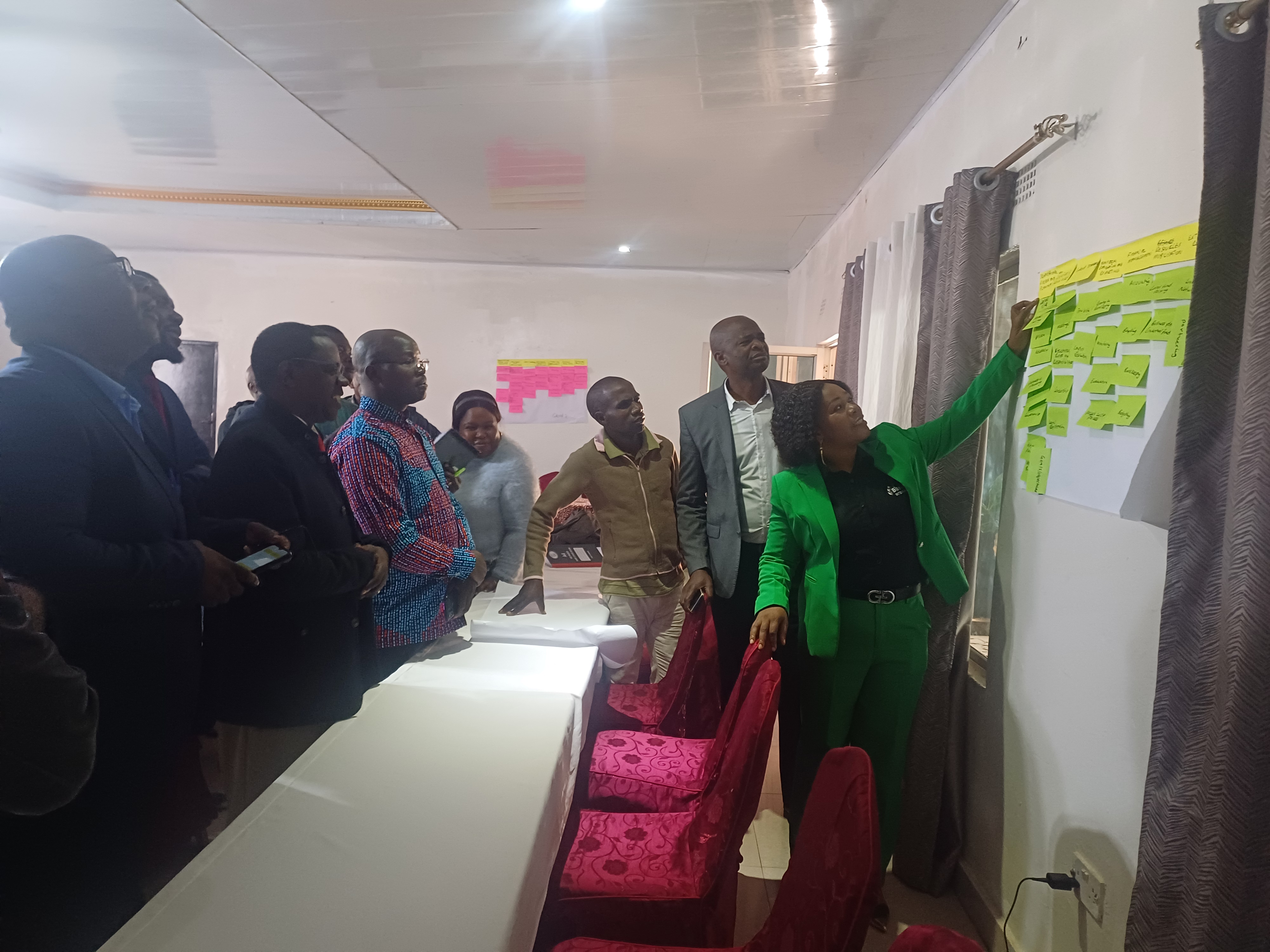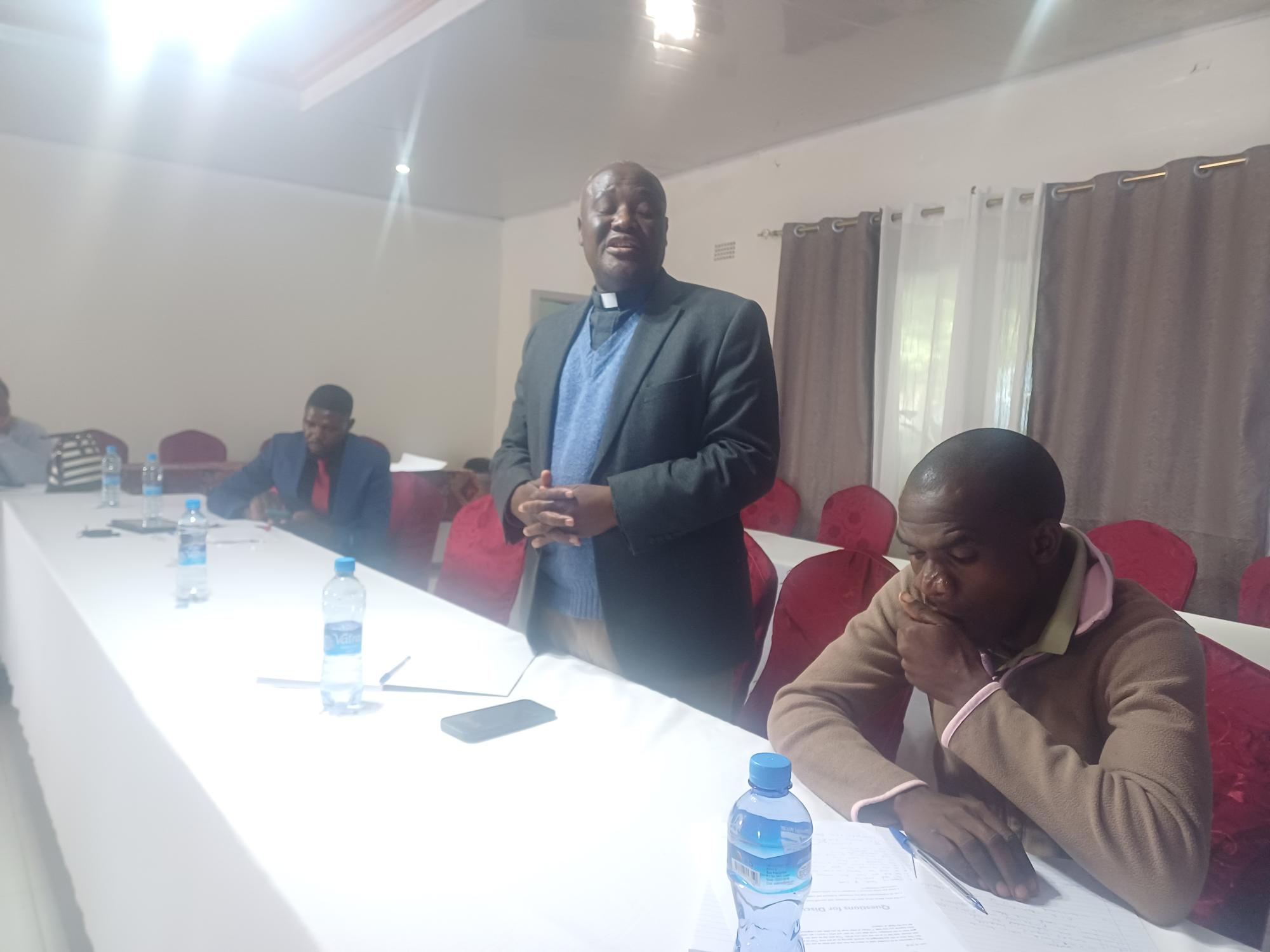World Vision Zambia Builds Capacity of Community Leaders to Enhance Child Wellbeing

By Teddy Mofya, Development Facilitator, CESP, Zambia
In Chongwe East of Lusaka Province, the challenge of ensuring sustained child wellbeing has long persisted. Many community-based organisations (CBOs) and faith groups lacked the capacity, resources, and effective partnerships needed to support boys and girls comprehensively. Without strong local structures, efforts risked being short-lived, leaving vulnerable children without consistent support.
One Chongwe Cluster Manager Rita Mapala explains, “The real issue was that many organisations didn’t have the skills or resources to sustain their work or access government funding, which is crucial for long-term impact.”
Recognising this gap, World Vision Zambia, through the Faith for Transformation project, initiated a strategic intervention to build local capacity and strengthen community networks. Using the Organisational Capacity Building (OCB) model, they worked with local organisations and faith leaders to improve governance, financial management, project implementation, and partnership development.

“Capacity building is helping us respond better and plan for the future,” Rita adds. “As we prepare for the transition, we’re creating spaces for key partners to walk alongside communities, ensuring no one is left behind.”
The program’s impact has been significant. Organisations like the Bible League and A Workman Not Ashamed (AWANA) have enhanced their leadership and financial skills, enabling them to access government constituency development funds (CDFs). These funds have supported initiatives like training pastors and equipping church leaders with biblical and leadership skills, directly benefiting thousands of boys and girls in the community.
Faith leaders trained through this program now serve as vital anchors within their communities.
Bishop Kalembo of the Leadership Institute of Zambia shares, “After this training, we see the capacity gaps we need to address. Working with World Vision, we’re building a foundation for sustainable change in rural communities. Thank you.”

This collaborative effort has created a ripple effect, more effective organisations, stronger partnerships, and empowered community leaders working towards sustainable child wellbeing. As the local structures grow resilient and self-reliant, they are better equipped to continue supporting children’s needs, ensuring that the progress made today endures into the future.